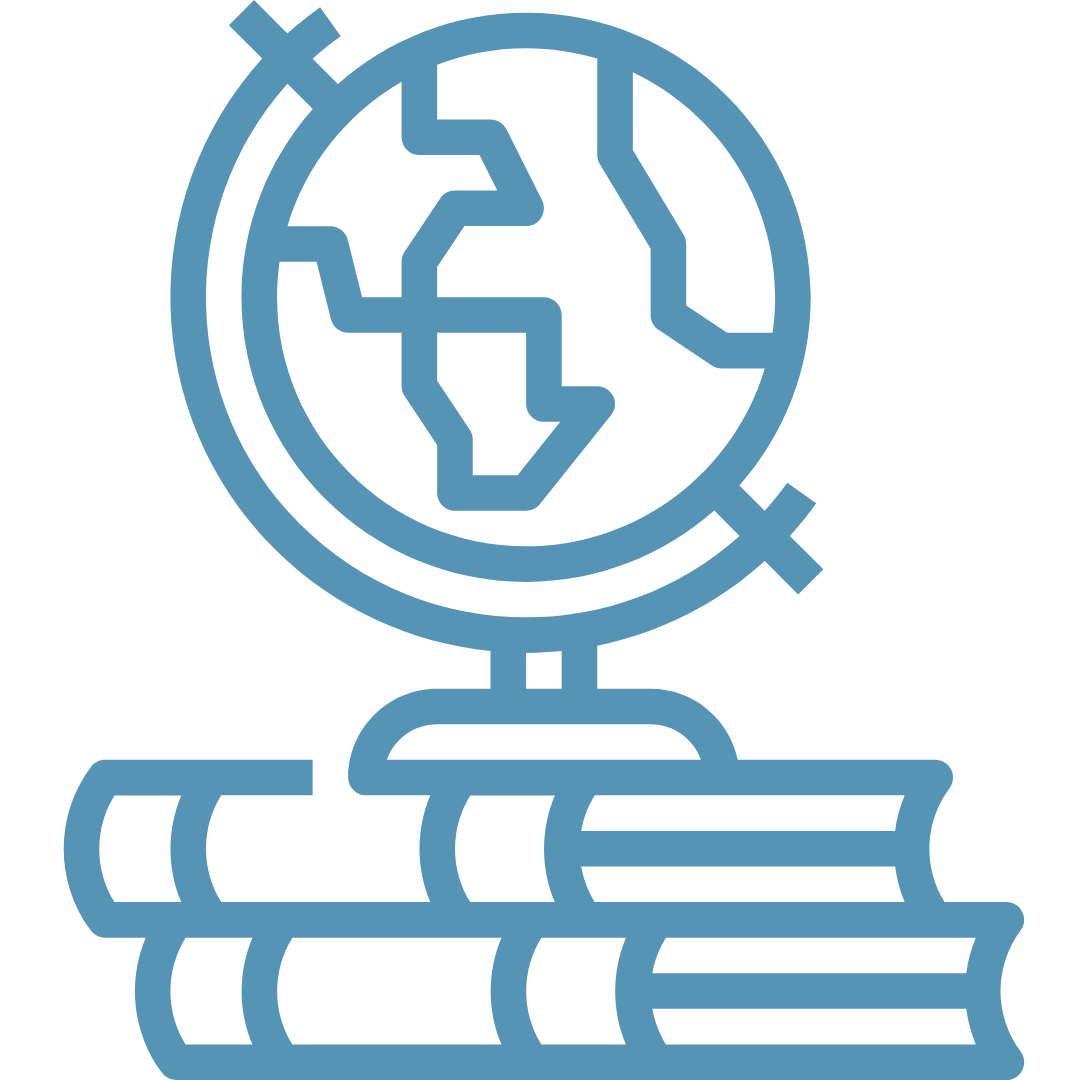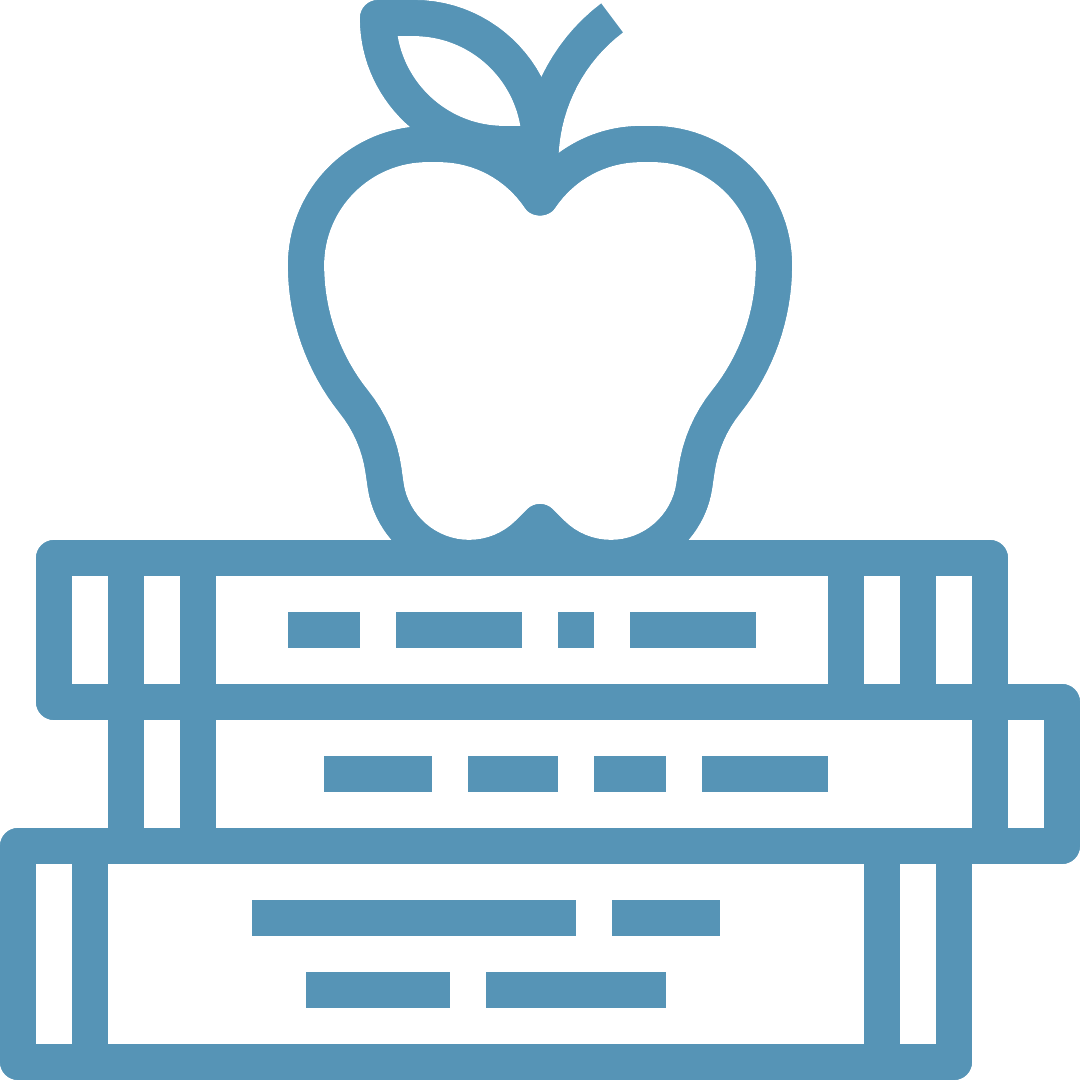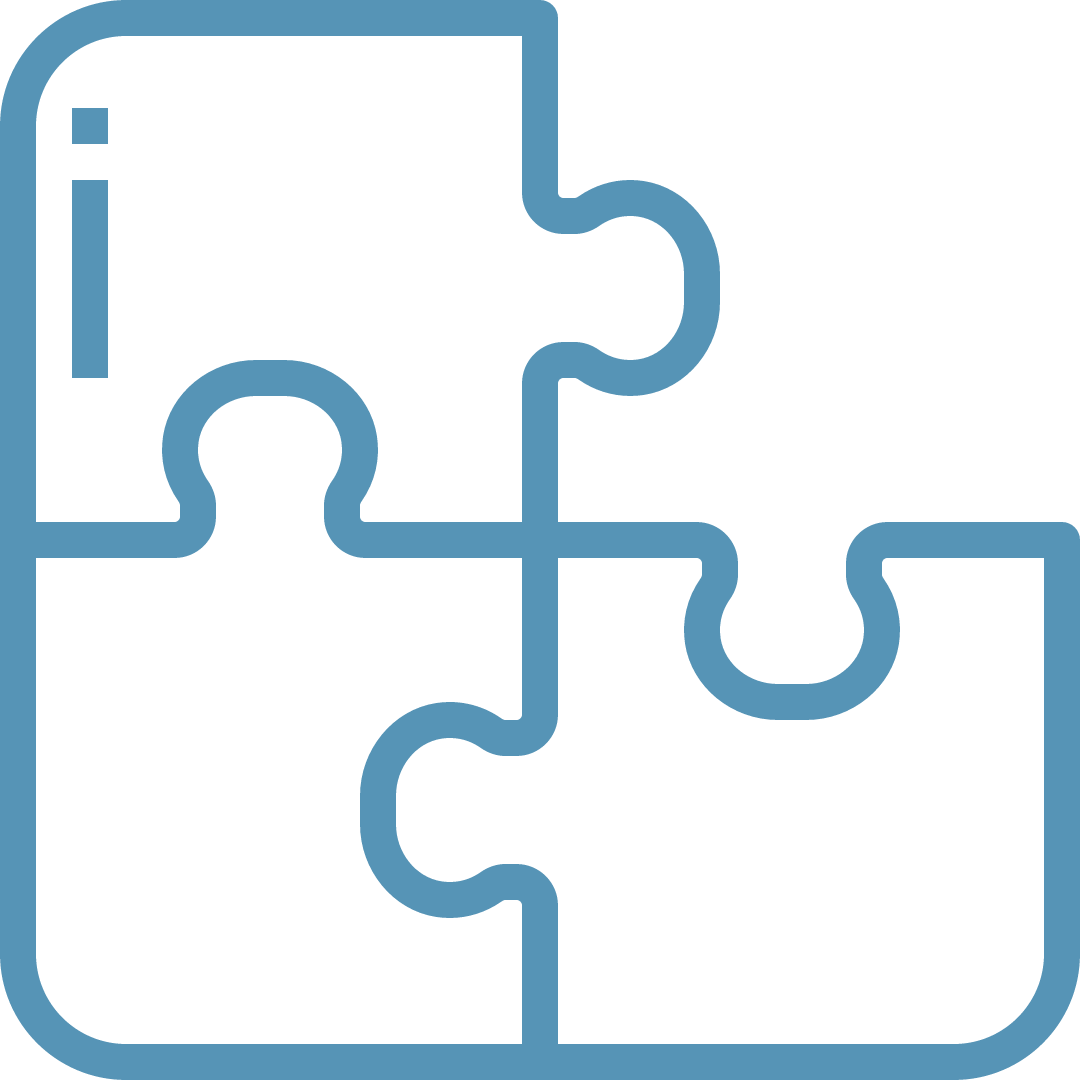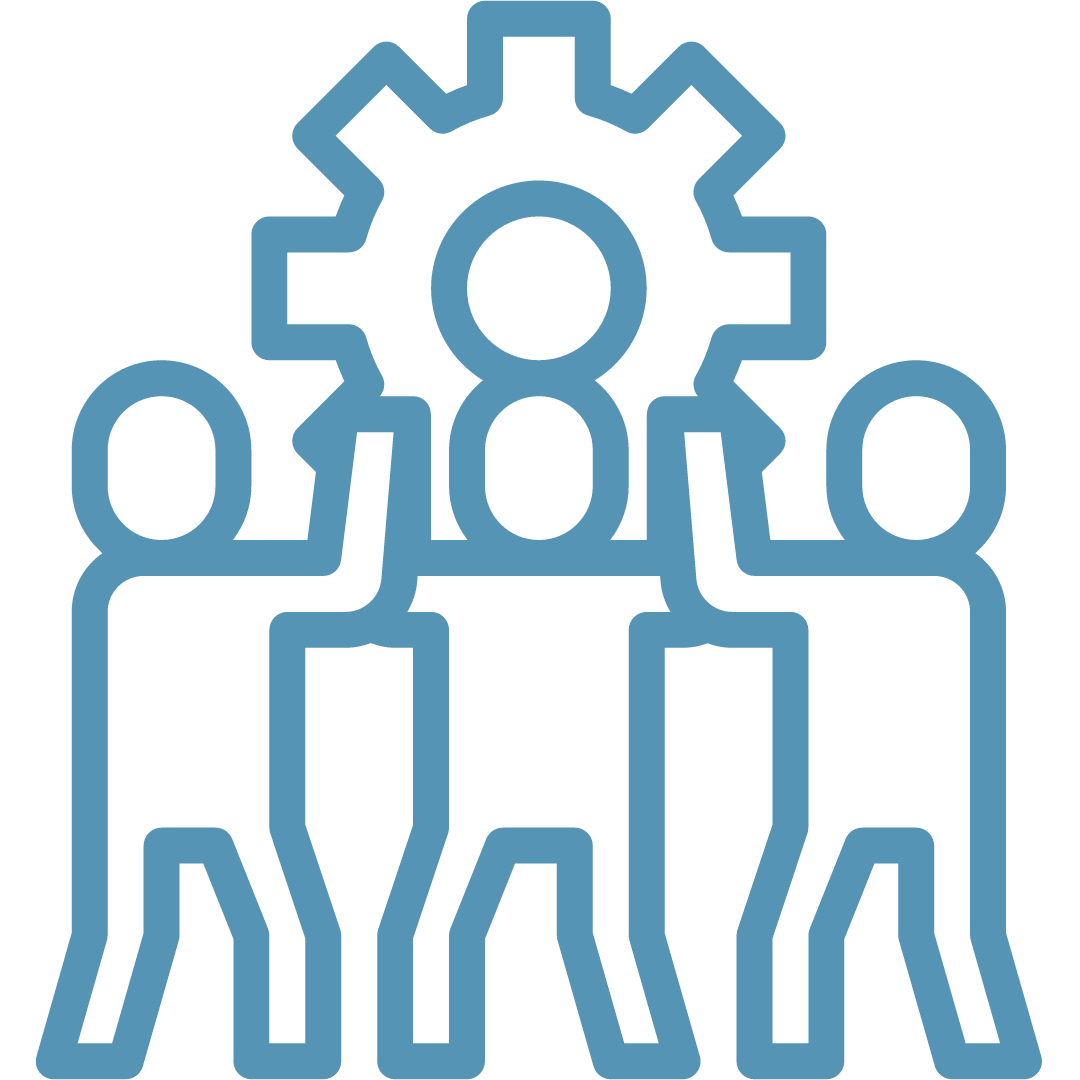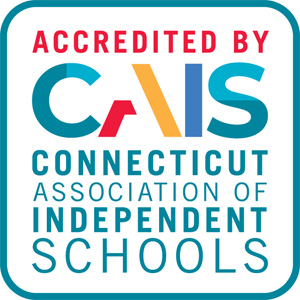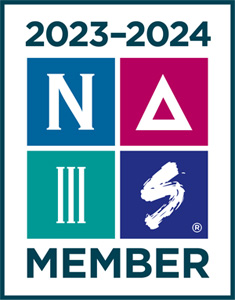- An individualized remedial education created through skill-based instruction
- Small class sizes to optimize learning
- A multisensory approach that incorporates the needs of the whole child throughout the day
- A learning environment where students learn at their own pace, and are given the time to master concepts and develop confidence
- Utilization of teachable moments throughout the day to address social and academic soft skills necessary for success
- Psychological and Language Services which complement a child’s program to address individual student needs within the academic classroom and beyond
- An integrated approach which focuses on the development of the whole child through close collaboration with teachers, specialists, and Educational Advisors
A typical day for our Lower School students is broken into the Academic Day (8 am-2 pm) and Afternoon Activities and Study Hall (2 pm – 4 pm)…
- The day begins with a brief morning recess followed by Homeroom to assist students in organizing themselves for the day of learning
- 1st and 2nd periods of Academic Classes (each Academic Class is 40 minutes long)
- A 12-minute mid-morning recess to help students ready their minds and bodies for the next steps of learning
- 3rd period of Academic Classes
- A 20-minute block of time we refer to as Callback during which students can work 1:1 with teachers, participate in social pragmatic groups or activities, or engage in community-building activities and games
- 4th period of Academic Classes
- Family-style Lunch; students eat with 6 tablemates and a teacher who encourages healthy eating habits and proper table socialization. This is followed by a 15-minute Lunch Recess
- 5th and 6th periods of Academic Classes
- Afternoon Activities for 50 minutes
- Snack and Study Hall for 50 minutes





